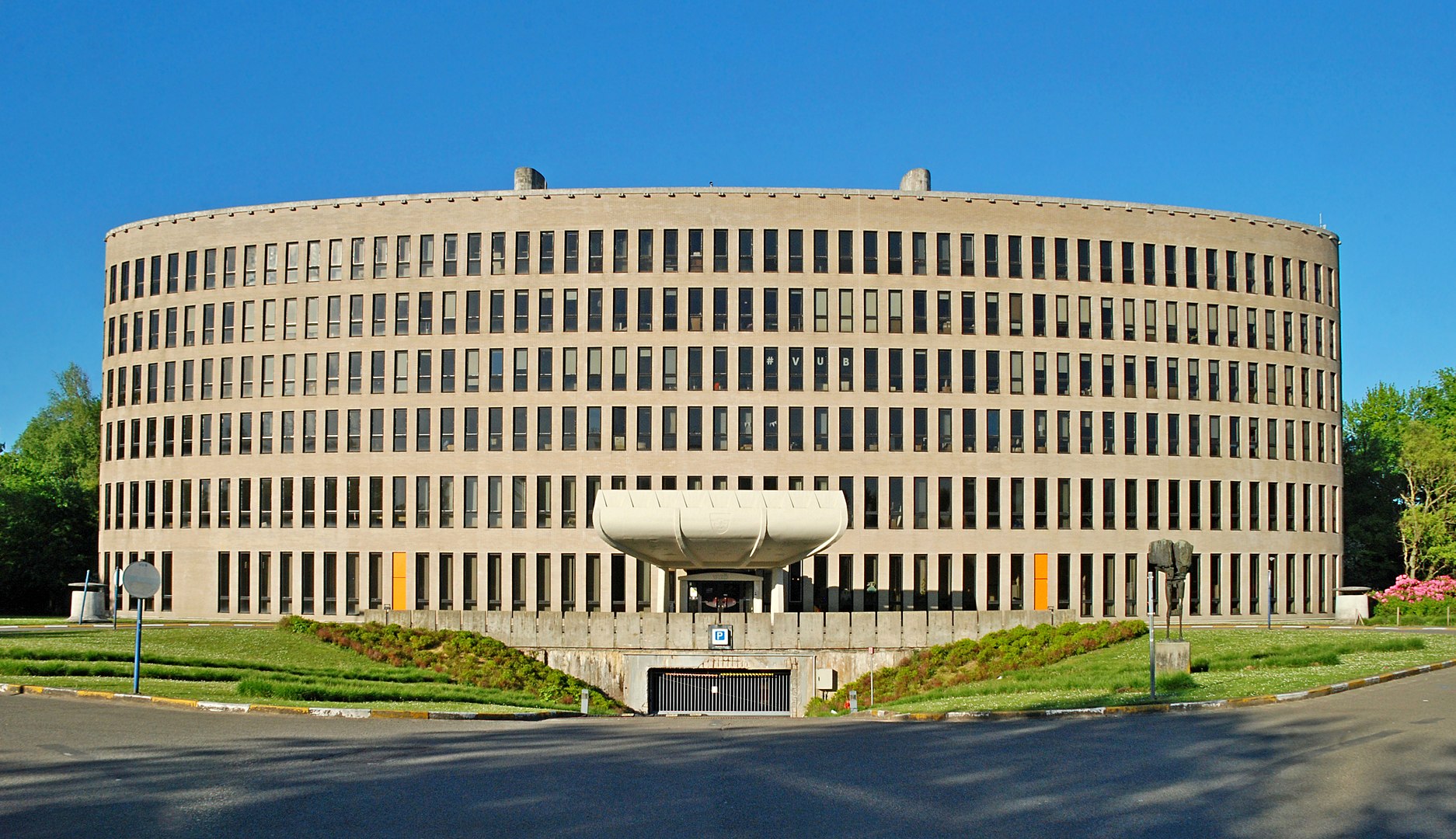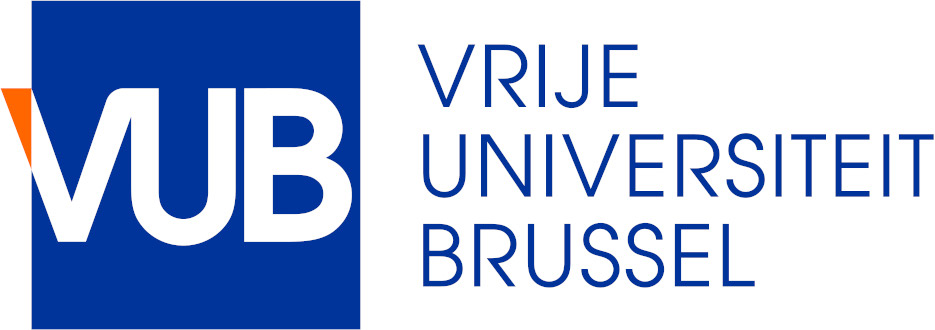Call for Papers
The 19th International Conference on Managed Programming Languages & Runtimes (MPLR, formerly ManLang, originally PPPJ) is a premier forum for presenting and discussing novel results in all aspects of managed programming languages and runtime systems, which serve as building blocks for some of the most important computing systems in use, ranging from small-scale (embedded and real-time systems) to large-scale (cloud-computing and big-data platforms) and anything in between (desktop, mobile, IoT, and wearable applications).
Topics
The areas of interest include but are not limited to:
Languages and Compilers
- Managed languages (e.g., Java, Scala, JavaScript, Python, Ruby, C#, F#, Clojure, Groovy, Kotlin, R, Smalltalk, Racket, Rust, Go, Lua, MATLAB, Raku, …)
- Portable intermediate representations like WebAssembly
- Domain-specific languages
- Language design
- Compilers and interpreters
- Type systems and program logics
- Language interoperability
- Parallelism, distribution, and concurrency
Virtual Machines
- Managed runtime systems (e.g., JVM, Android Runtime (ART), V8, JavaScriptCore, LLVM, .NET CLR, RPython, GraalVM, …)
- VM design and optimization
- VMs for mobile and embedded devices
- VMs for real-time applications
- Memory management and garbage collection
- Hardware/software co-design
Techniques, Tools, and Applications
- Static and dynamic program analysis
- Testing and debugging
- Refactoring
- Program understanding
- Program synthesis
- Security and privacy
- Performance analysis and monitoring
- Compiler and program verification
If you are unsure whether a particular topic falls within the scope of MPLR’22 or if you have any other questions, please do not hesitate to contact the Program Chair (tobias dot wrigstad at it dot uu dot se).
Submission Categories
MPLR accepts four types of submissions:
- Regular research papers, describing novel contributions involving managed language platforms. Research papers will be evaluated based on their relevance, novelty, technical rigor, and contribution to the state-of-the-art. (Format: up to 12 pages, excluding bibliography and appendix)
- Work-in-progress research papers, describing hot topics or promising new ideas, with perhaps less maturity than full papers. Work-in-progress papers will be evaluated with an emphasis on novelty and the potential of the new ideas instead of technical rigor and experimental results. (Format: up to 6 pages, excluding bibliography and appendix)
- Industry and tool papers, presenting technical challenges and solutions for managed language platforms in the context of deployed applications and systems. Industry and tool papers will be evaluated on their relevance, usefulness, and results. Suitability for demonstration and availability will also be considered for tool papers. (Format: up to 6 pages, excluding bibliography and appendix)
- Posters and demonstrations, which will be evaluated similarly to work-in-progress papers. See dedicated tab for more information and instructions (Format: poster and 2-page abstract)
MPLR 2022 submissions will be asked to conform to the ACM Policy on Prior Publication and Simultaneous Submissions and to the SIGPLAN Republication Policy.
Author Instructions
Submissions need to use the ACM SIGPLAN format.
If you are using LaTeX, submissions need to use the acmart document class with the sigconf option. For ease of reviewing, please include page numbers in your submission using the LaTeX command \settopmatter{printfolios=true}. The default font size for the SIGPLAN style is 10 point.
All submissions need to be in PDF format. MPLR uses single-blind reviewing, i.e., author names are generally included in submissions.
Please also ensure that your submission is legible when printed on a black and white printer. In particular, please check that colors remain distinct and font sizes are legible.
 Platinum
Platinum




 In-Cooperation
In-Cooperation


